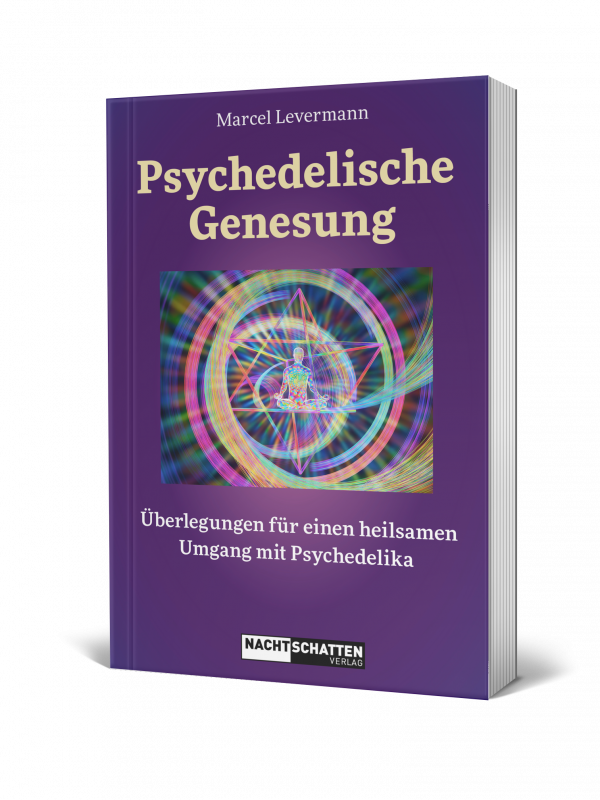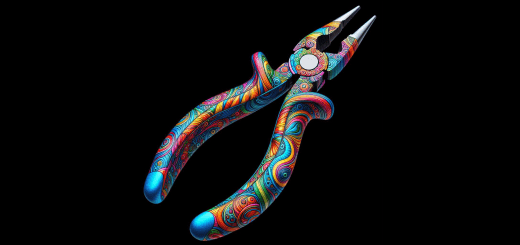Why neither non-duality nor classical talk therapy can heal developmental trauma
Non-duality is a term for the ONE. You as the one absoluteness of the self. Perfection in which everything is allowed.
Developmental trauma is attachment trauma. It is the result of a failed connection attempt of an individualization-dissociation of the One with a reference being. One who is in samadhi does not have this problem, but who is permanently? Therefore, to heal an attachment trauma, a second or other is needed as a caregiver. Developmental trauma is the condition of a mammal that cannot feel safe in the world. To learn to feel safe, it needs at least one other mammal with whom it can learn to feel unconditionally safe.
Developmental trauma affects not only those who have experienced severe abuse by their earliest caregivers. Anyone who was left alone in a room crying as a baby is affected by developmental trauma. Anyone who had depressed or otherwise dysregulated – that is, traumatized – parents who could not maintain constant loving contact. Anyone who has had to feel chronic strife between parents prenatally. Anyone who could not grow into this world with a sense of absolute welcome and affirming love in their first experiences of life. In other words, the phenomenon of developmental trauma is of epidemic proportions. After all the wars in the history of this planet, this is not surprising. But – isn’t it time to put this behind us? Isn’t it time to become truly WHOLE?
Our society is just beginning to face this. Most mainstream psychotherapies focus on symptom management. Recovery-oriented trauma therapies such as Somatic Experiencing or NARM are usually only offered by non-medical psychotherapists, and very few panel-doctored psychotherapists have the appropriate training, even though these trauma therapy methods based on Stephen Porge’s polyvagal theory have been proven to open the way to healing. Almost all chronic so-called mental disorders such as recurrent depression, anxiety disorder, obsessive-compulsive disorder or personality disorder are based on developmental trauma. Meanwhile, the mainstream of psychotherapy in the last decades has hardly transferred anyone into real healing. The polyvagal theory as a model of an essential understanding of the nervous system and the basic neurological structure of trauma, which can be transferred into practice, has not yet arrived in the medical practice, even freshly qualified psychotherapists or psychiatrists are generally unaware of it at present.
Therefore, if we want to deal progressively with the phenomenon of developmental trauma, we must take it into our own hands. Every time we have contact with a person, we can ask ourselves how much we are really in REAL contact right now. To what extent are we just running mental programs at that moment that keep us from really meeting the other person in their essence. How much are we interested in what the other person feels, senses, feels in his subjective existentiality? How much can we leave the encounter uninfluenced by conditions of the past and expectations of a future? Do we manage not to let our preconceptions come before the other in his essence? How much can we see that our nervous system may not feel safe because it cannot distinguish between long past conditions from childhood and the adult here-and-now, and yet dare an emotional openness to the other person? Every time we dare to meet another person with an open heart, regardless of all mental programs, to really listen to him and to share our deepest feelings and emotions, we heal a piece of developmental trauma. Recovery from developmental trauma means honest encounter with other people from heart to heart, essence to essence, truth to truth. Developmental trauma is not something that can be resolved in the absolute love of non-duality. The immediate encounter of one human being with another human being is where the infantile shock of separation that sat in the nervous system for so long can be successively processed, integrated and transformed into flowing life energy. The letting be of all mental war machinery with which we are identified as our opinions, thoughts, concepts, conclusions, indignations, interpretations and certainties – an absolute letting be of it and an encounter with further people independent of it as that completely danger-free counterpart which is still left after the elimination of all projection, that is what heals developmental trauma – appended by Somatic Experiencing.
The non-dual insight shows that we are always safe, that everything is good and that there is not really such a thing as de-bonding in the sense of separation, because the absoluteness of the One cannot really be de-bonded. In developmental trauma, this primal trust has been lost in the individual, not because we were born into separation as an individual, but because the connection with another individual was not experienced as safe and secure. So all that this is about is to offer, enable and give us each other experiences of absolute safety and security. Is there actually any reason not to do this all the time, everywhere and at all times? Healing from developmental trauma takes time. Just as a shy animal must slowly learn to trust that there is no danger from the feeder, our nervous systems must also learn that there is no danger from other people. The truth is: There is no danger for any human being from any human being as soon as these human beings REALLY MEET AND SEE EACH OTHER. Regardless of any mental programs, as mammals we all long for the same thing: Pure security in warming-vital togetherness.
If you’re interested in more human connection and honest sharing, you can find a local group near you – or even better: start one yourself 🙂 .




